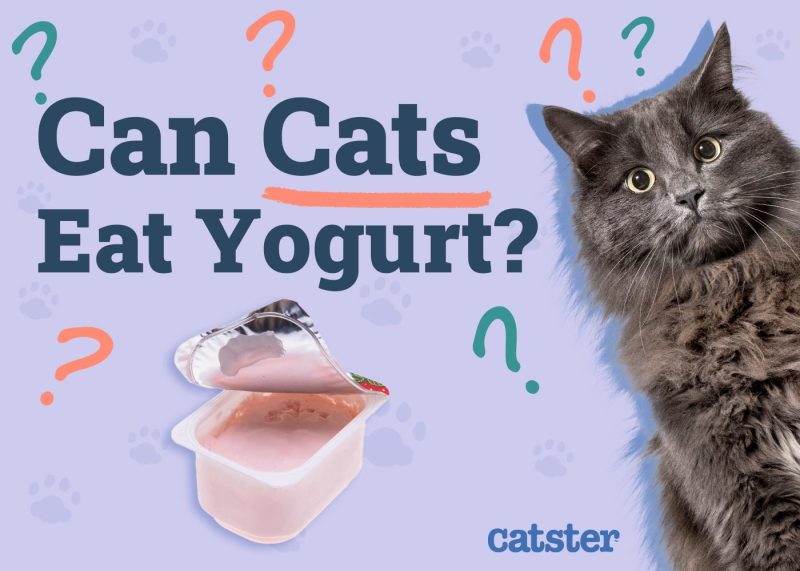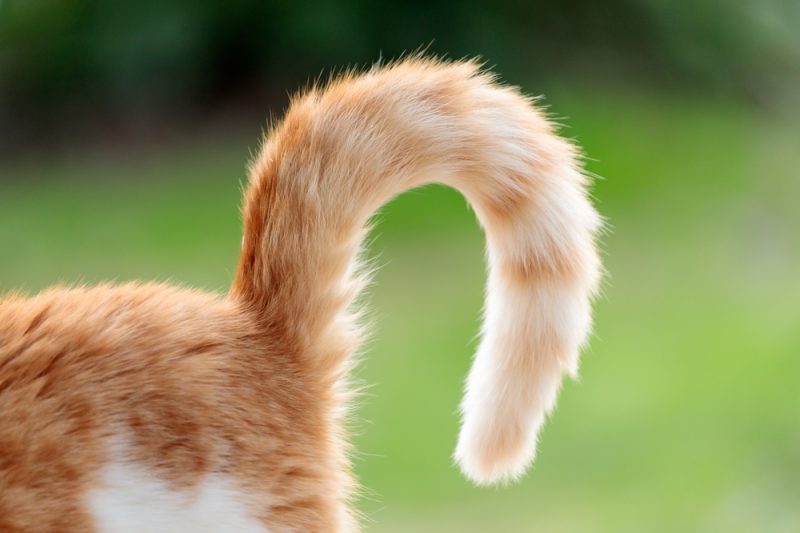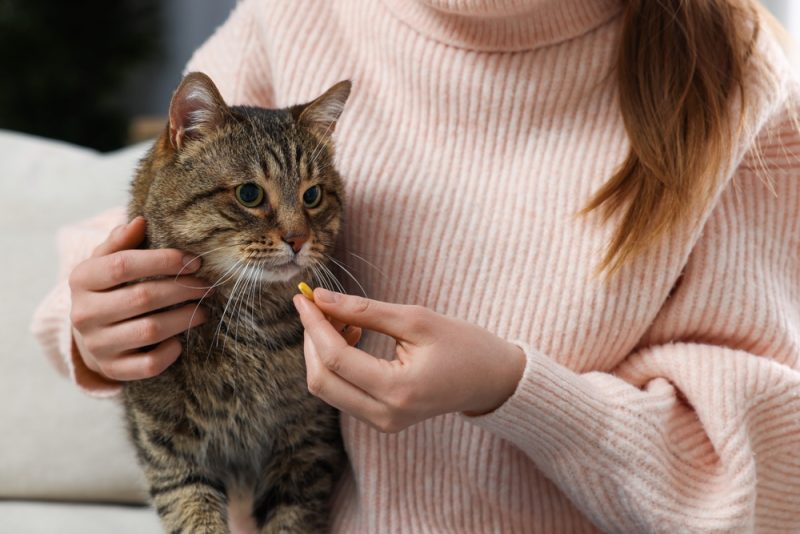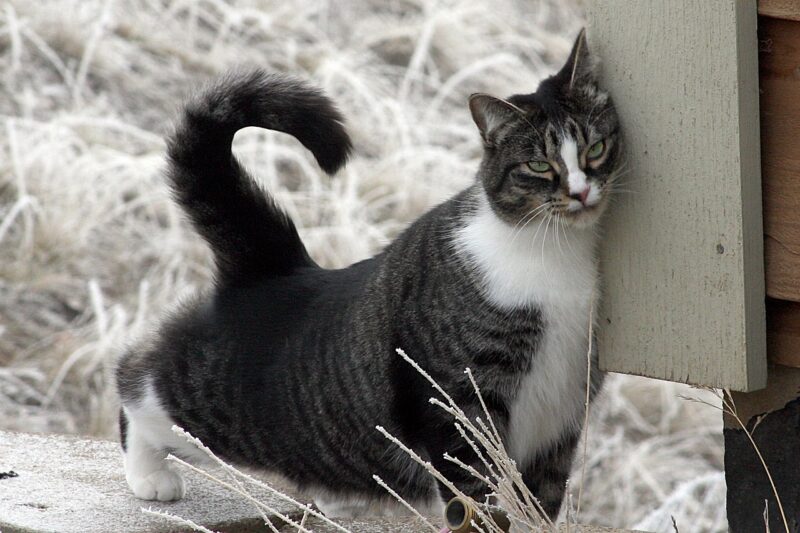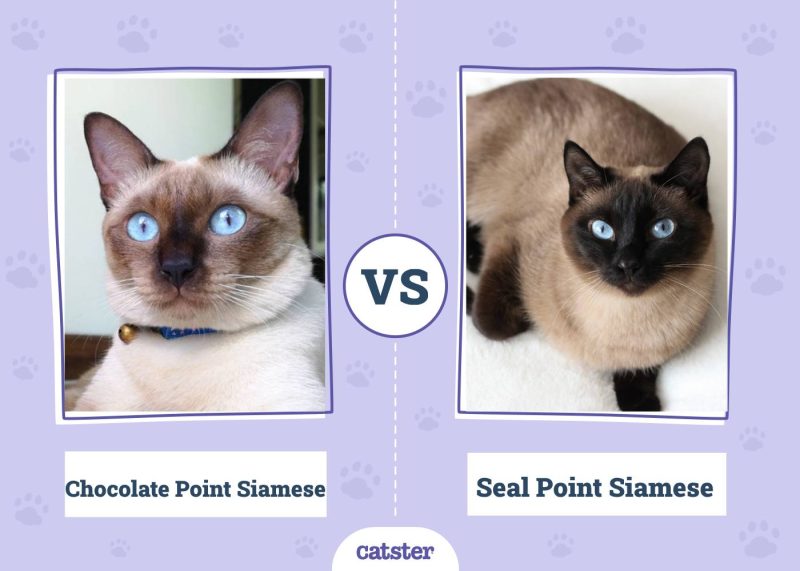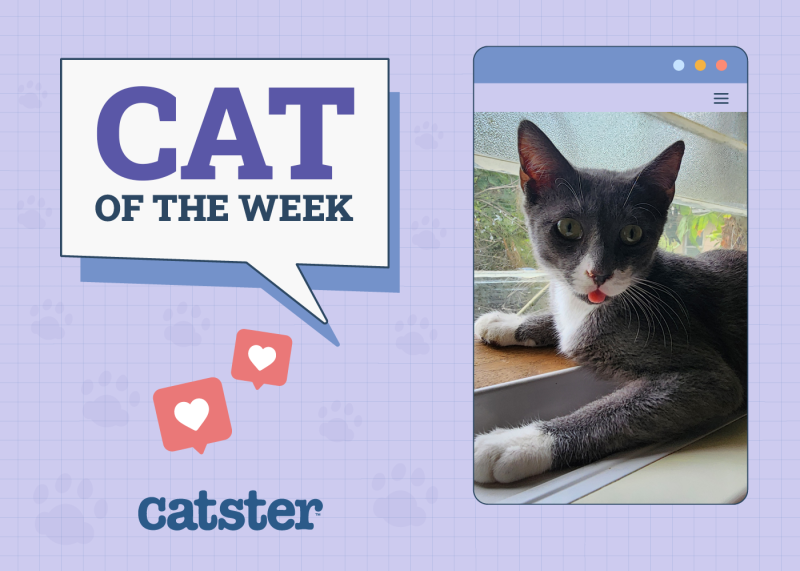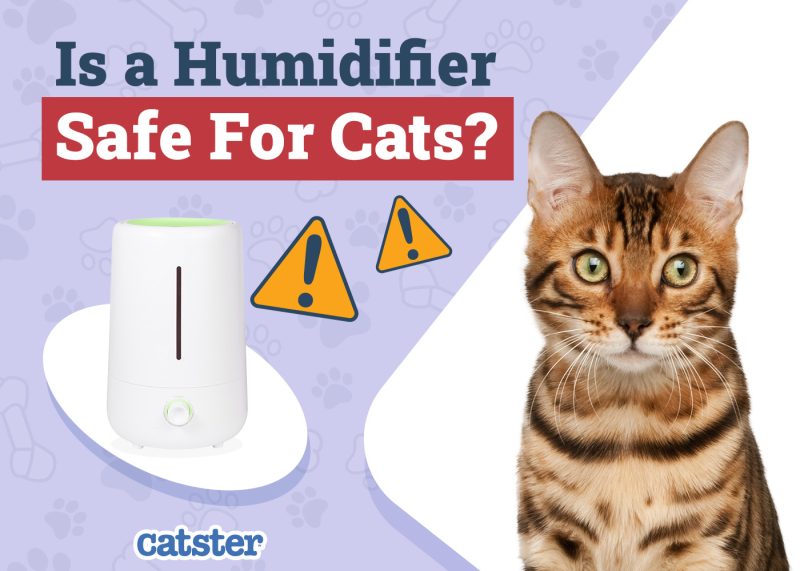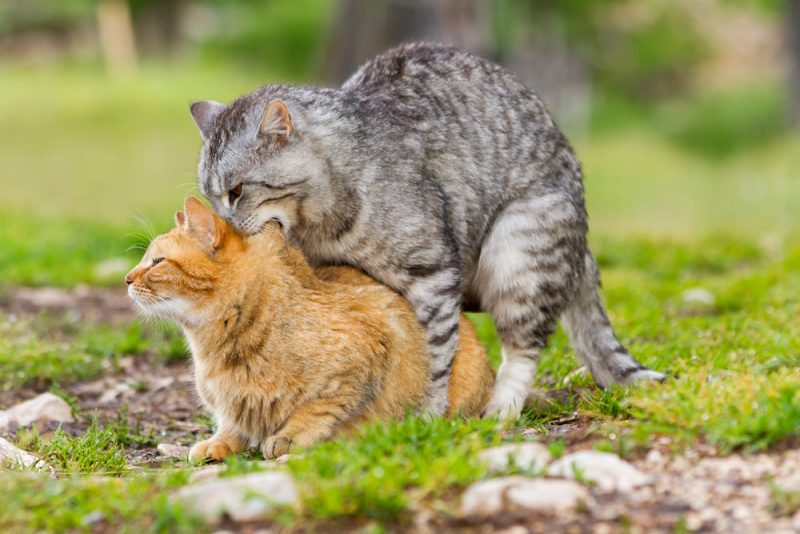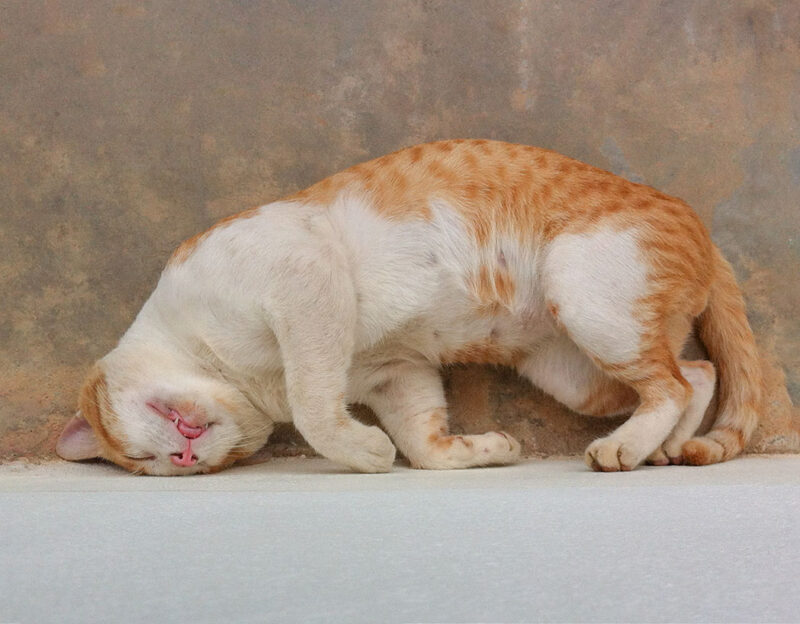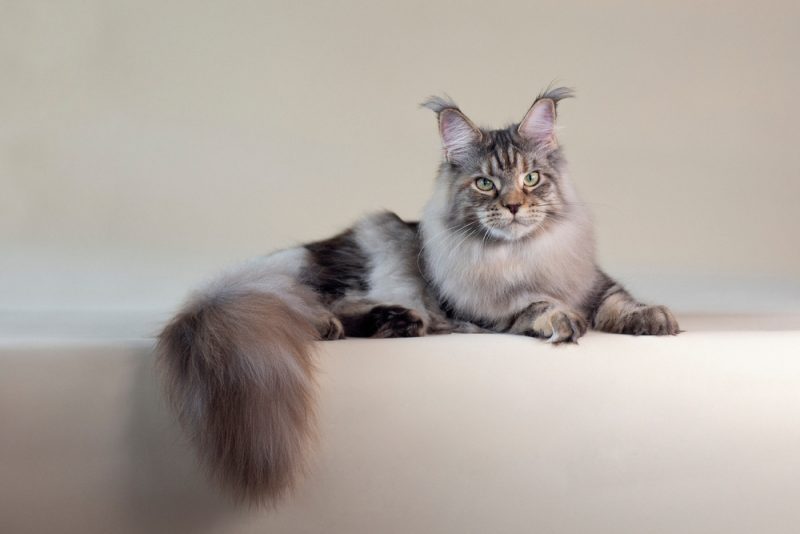Pet cats typically consume a commercial diet that meets all their nutritional requirements. However, cats are natural predators, so they go after small mammals, birds, and even reptiles and insects for sport and food. Cats sometimes also gravitate to plants, which they don’t need much of, if any at all, to meet their nutritional requirements.
You might notice that your kitty tries to grab bites of food while you chop veggies for a salad or stir-fry for dinner. So, what if they grab a piece of jicama off your cutting board or dinner plate and gobble it down? Can cats eat jicama? Is this root veggie healthy for cats? While the white flesh of jicama is not toxic to cats, other parts of the plant contain toxic compounds. Below, we’ll discuss what you need to know about jicama and cats.

What to Know About Jicama
Jicama is a root vegetable that grows in the ground like a potato or yam. It is starchy, dense, and almost flavorless, which makes it a great addition to Asian meals and other cuisines. Jicama can be sliced into strips and deep-fried like French fries or cut into chunks and added to a salad. It can be cooked in stews, casseroles, and rice dishes, too.
Cats can eat and digest jicama flesh with no problems. However, it is crucial to remember that other parts of the plant, such as the skin, leaves, and seeds, contain toxic compounds (rotenone) that can be harmful to cats. This root veggie should never be offered as a staple of a cat’s diet. It should be offered in tiny portions as a snack or supplement and only occasionally. Jicama will not provide the nutrients cats need to thrive, let alone survive.

The Benefits of Jicama for Cats
Although cats don’t need jicama in their diets, it provides a few benefits. It’s a source of fiber and provides some antioxidants that protect your cat’s cells from free radical damage. It’s also low in calories and sugar but contains a high amount of water, which will help keep your kitty hydrated. Lastly, its crunchy texture might aid in cleaning your cat’s teeth.
The Downside of Feeding Jicama to Cats
The flesh of a jicama is not dangerous for cats in any way. However, the skin and seeds contain rotenone, which can negatively affect your cat’s health. Overexposure to rotenone can result in signs such as nausea, indigestion, muscle tremors, vomiting, gastric pain, respiratory depression, and seizures.
Likewise, since cats are obligate carnivores, jicama is not a species-appropriate food for them, and they do not receive much nutritional benefit from ingesting it.
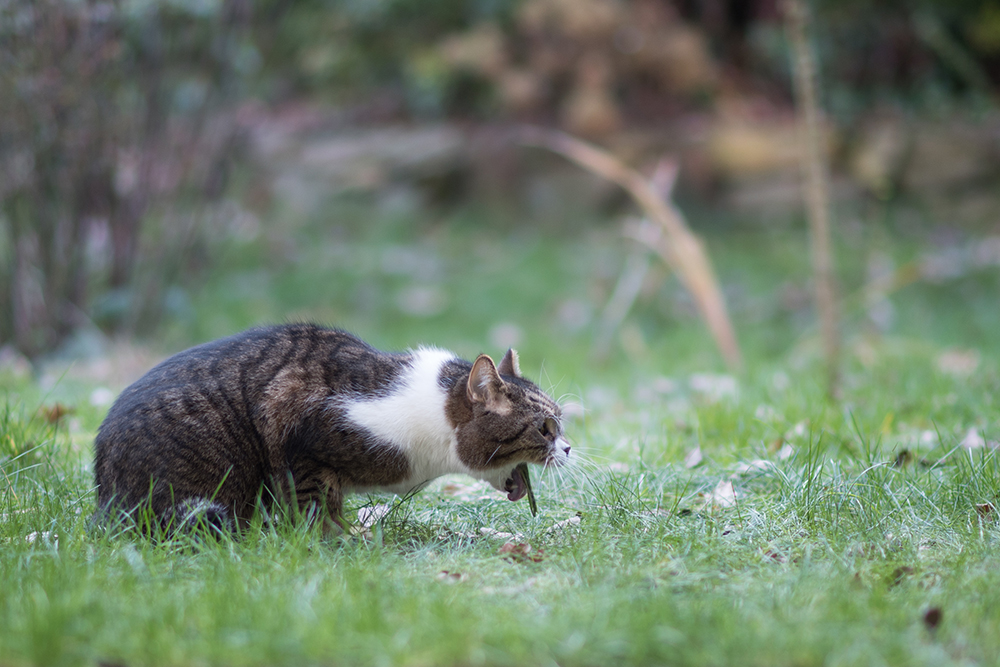
What Other Root Vegetables Can Cats Eat? (If You Must)
Cats can eat small amounts of various types of root vegetables as supplements to their regular diet, provided they are properly and thoroughly cooked for optimal digestion. Some root veggies can be eaten raw if shredded or cut into small enough pieces.
For instance, yams, sweet potatoes, and regular potatoes should be thoroughly cooked, while jicama and carrots can be eaten raw by cats. These root veggies are also not toxic for cats:
- Sunchokes
- Beets
- Radishes
However, our verdict is that these root vegetables are not a source of protein but a carbohydrate, so they simply are not worth it. They are not a part of a cat’s natural diet, and there is no need for them to consume them. Consuming these foods, especially in excess, might cause digestive distress and bloating in your cat. It is best to stick to protein-based species-appropriate treats for obligate carnivores and keep the root veggies for ourselves.
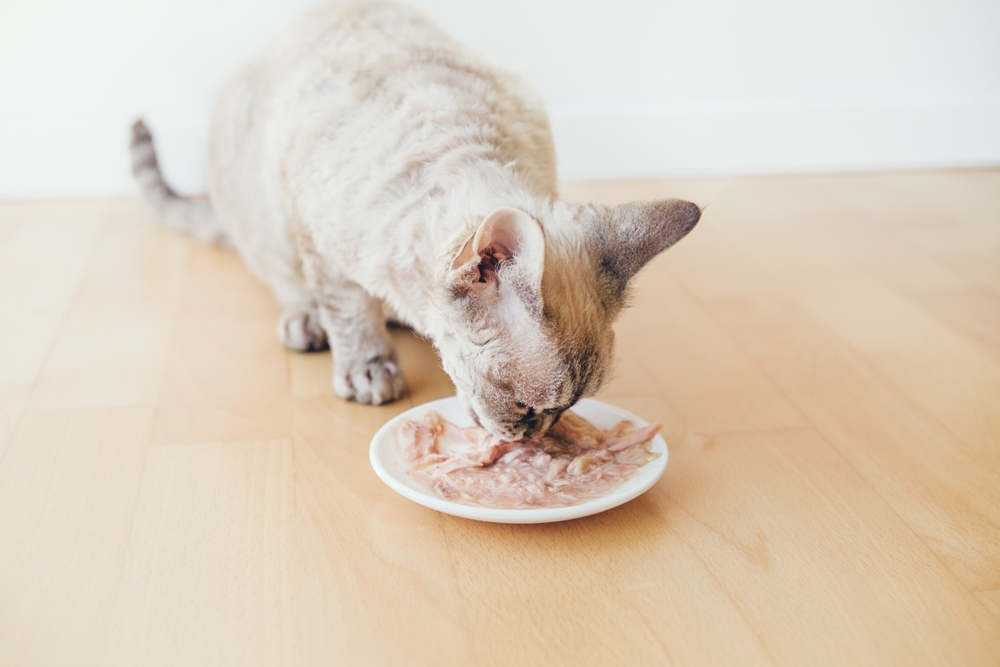
What a Cat Should Eat During Mealtime
Cats are obligate carnivores, so they require animal protein to thrive. Wild and stray cats can live solely off the animals they hunt, kill, and eat. However, under human care, domestic cats rely on their owners to feed them. We must know that our cats can’t eat what we eat if we want them to live their best lives.
If you are providing your cat with a homemade diet, several vital nutrients must be included, such as animal protein, amino acids, fatty acids, vitamins, minerals, and water, to ensure that they get the nutrition that they need for a healthy body and mind.
If you provide your kitty with a commercial diet, it is vital to look for a formula that includes animal protein as the first ingredient and avoids ingredients that don’t have any nutritional value. When in doubt, contact a veterinarian for advice and recommendations.
Need veterinary advice but can't get to the clinic? Catster recommends PangoVet, our online veterinary service. Talk to a vet online and get the answers and advice you need for your cat without having to leave your living room — all at an affordable price!


In Conclusion
Cats enjoy tasting different kinds of foods while exploring their environment, so don’t be surprised if yours decides to munch on that chopped jicama you left on the counter. As long as no seeds or skin are consumed, there should be nothing to worry about. If your cat consumes jicama seeds or skin, contact a veterinarian as soon as possible.
- See Also: Can Cats Eat Ants? Health Advice & Risks


